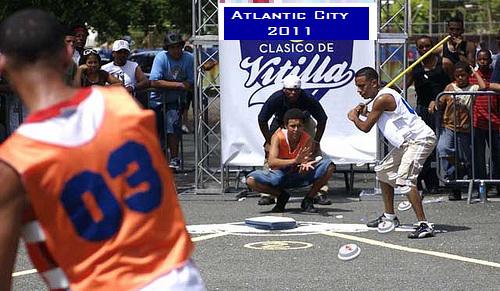
The Dominican Republic ambassador to United Nations Educational, Scientific and Cultural Organization, Jose Antonio Rodríguez has proposed the traditional game known as “vitilla” be included in the list of traditional games that should be preserved and promoted. The UNESCO has underlined the importance of traditional games and sports in enabling sustainable development. The United Nations cultural organization is concerned these may disappear eclipsed by online games around the world. UNESCO seeks to contribute to safeguarding these traditional games as it sees these as a way to help young people connect with their roots and identities.
In September 2019, a new Open Digital Library on Traditional Games (ODLTG) was created, and the Dominican Republic has filed documents so that “vitilla” be considered for inclusion.
Vitilla is a precision and coordination game developed using what children readily have at hand in low-income neighborhoods and rural communities all around the country. Those good at the game get a head start in becoming good professional baseball players.
The game pulls from baseball. Yet, it is played with a 5-gallon water bottle cap (la vitilla) and a broom stick. There are only two bases. Teams of two, three or four are the norm, but it can also be played solo. In the game, the pitcher throws the cap and the batter hits it.
The “vitilla” is sort of flat and thus more difficult to hit than a ball. It moves as a disk and can spin rapidly, making for unpredictable fielding.
As in baseball, after three strikes, the batter is struck out. If the batter hits the cap, then the pitcher must catch it before it hits the floor to make an out. If the cap falls flat on the floor, then the player scores a run.
On 20 August 2020, President Luis Abinader announced he is naming Andres L. Mateo to be the country’s ambassador to the UNESCO.
Read more:
El Dia
Z101 Digital
UNESCO
Wikipedia
19 August 2020

